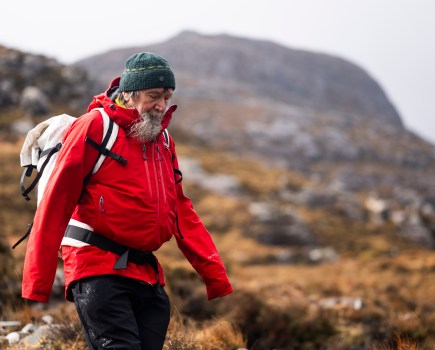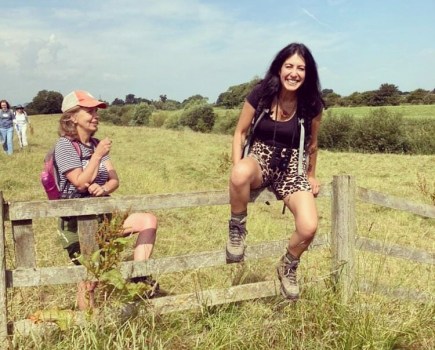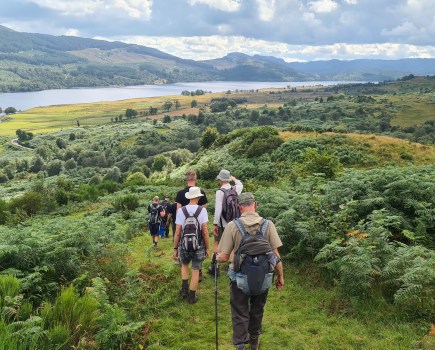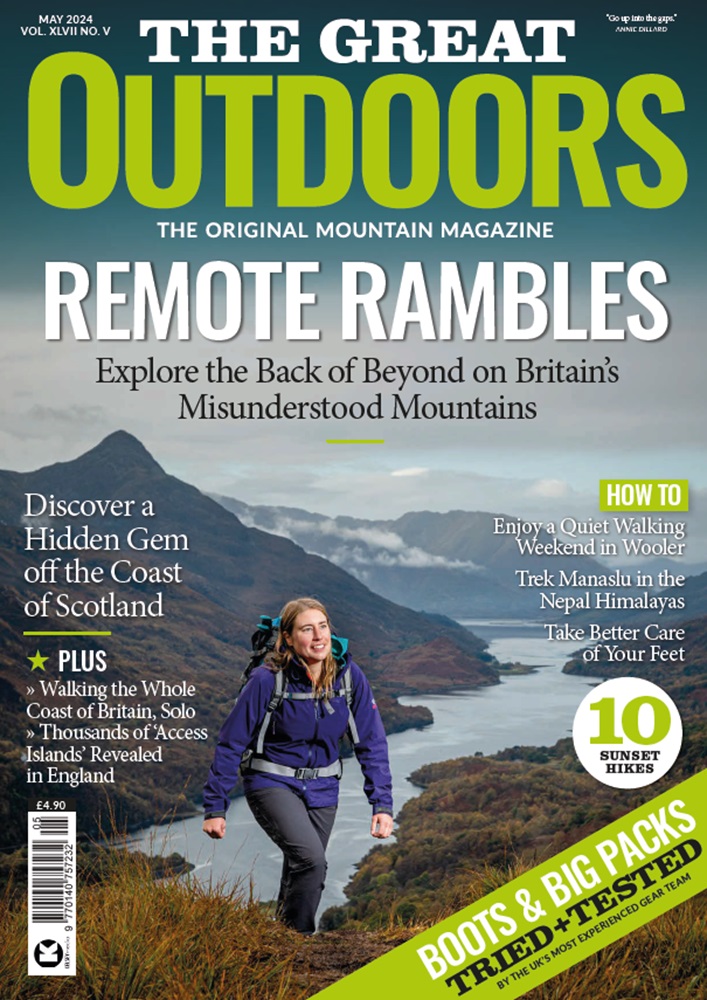Cairngorm Mountain Limited, the company that operates the Cairngorm Mountain Funicular Railway and associated visitor attractions, has been placed in administration.
Joint administrators, Blair Milne and Derek Forsyth, partners with Campbell Dallas, will continue to trade the business whilst progressing discussions with a potential purchaser for a sale of the business and assets as a going concern. There are no immediate plans to make any redundancies.
Opened on Christmas Eve in 2001 following an investment of around £20m, the Cairngorm Funicular Railway carries around 300,000 tourists and sports visitors every year. Extending to 2 kilometres in length, it is the highest mountain railway in the United Kingdom. The funicular has been closed since Monday 1st October to allow for a detailed assessment of the structure that supports the tracks. These investigative works remain ongoing.
The administration has been caused by unsustainable cash flow problems. Cairngorm Mountain Limited employs around 70 staff and had a turnover of £3.5m to 31st December 2017.
Commenting, Blair Milne, Business Recovery Partner with Campbell Dallas said: “Due to the extended closure of the Funicular Railway at Cairngorm Mountain, for safety reasons, the business has become unsustainably loss-making. The Directors of the business had been in discussions to try to find suitable solutions, including a managed transfer of the business to another party, however those negotiations did not progress. Under mounting cash flow and creditor pressures the Directors were left with no alternative other than to place the business into administration. The joint administrators will be seeking to achieve a sale of the remaining business on a going concern basis as early as possible.”
The Cairngorm Railway and Mountain Snowsports centre are owned by Highlands and Islands Enterprise (HIE) and operated on its behalf under a lease by Cairngorm Mountain Limited.
Cairn Gorm in crisis
The funicular railway on Cairn Gorm has always attracted controversy, no less so now that it is out of action. In the January 2019 issue of The Great Outdoors, which went to press the day before this story broke, we’ve published a major investigative feature by journalist Richard Baynes, who spoke to local people and to the owners of the Cairngorm estate to assess the current state of play and find out what the future could hold for the mountain and the local economy.
To read the feature you’ll need to pick up our January issue, which is out next week. (Why not subscribe?)
“While hillwalkers, climbers and ski-tourers often regard the ski area as an eyesore in the Cairngorms National Park, it’s not going away any time soon,” Richard Baynes writes in his feature for TGO. “Aviemore and the surrounding area depend on the tourists it brings. So what do the funicular closure and the planned redevelopment mean for active visitors who don’t want to just hurtle downhill on skis or boards? And even if redevelopment isn’t £27m-worth, what will happen to the already battered environment at Cairn Gorm?”
Richard Baynes adds: “Everyone involved knows those concerned about the local environment – not least the Cairngorms National Park Authority – will be watching developments closely.”
Header image © dnaveh / Shutterstock.com








